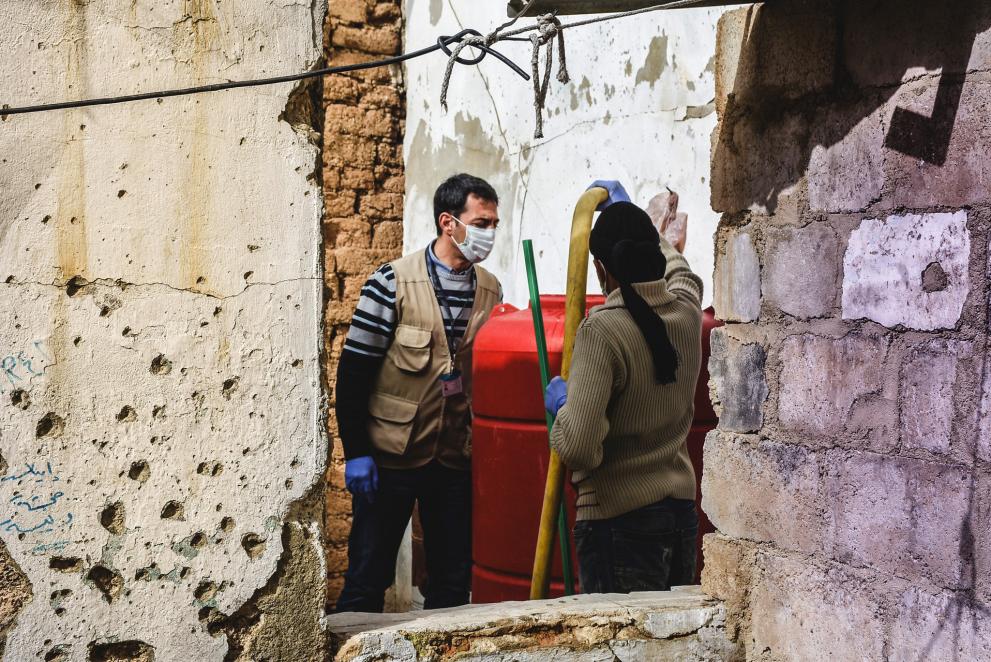
The funding announced today will help people access water and rehabilitate critical water infrastructure. It will also improve the sanitation and hygiene conditions in government and non-government controlled areas.
It will rapidly provide food and nutrition and help expand essential medical services. The funding will also help vulnerable people throughout the winter with heating fuel, blankets, winter clothes and repairs of tents.
Commissioner for Crisis Management, Janez Lenarčič, said: “The drought in Syria is posing a daunting challenge to the Syrian people who are already in a grave situation due to the ongoing crisis. This is a clear example of how climate change affects the most vulnerable. We must ensure that those who need protection and aid receive it now. The European Union is committed to support people in Syria with humanitarian assistance wherever it is needed and for as long as it is needed, in accordance with humanitarian principles and International Humanitarian Law. However, more sustainable solutions must be explored.”
Since the summer 2021, Syria is facing an acute water crisis caused by the worst drought in 70 years. More than 5 million people in Syria are losing access to water, food and electricity.
Furthermore, some 4.5 million people in Syria are in urgent need of assistance to prepare for the winter.
Background
An acute water crisis in Syria is closely linked to climate change, the politicization of water and the degradation of the water infrastructure.
Disruption in the electricity production is hampering access to the essential services, in particular to health services.
Agricultural production is also at severe risk. 1.8 million people are estimated to experience emergency level food insecurity by the end of the year. 12 million people are already food insecure.
Additionally, around 4.5 million people in Syria are estimated to be in urgent need of winter assistance. This number represents an increase of 12 per cent from 2021 due to protracted displacement, fluctuating currency, limited job opportunities, and COVID-19.
The EU and its Member States continue to be a major donor to Syrians in need. Since the start of the crisis in 2011, more than €24.9 billion has been mobilised to support the most vulnerable Syrians inside the country and across the region.
Picture: © DRC 2020. All rights reserved. Licensed to the European Union under conditions.
Related pages
Details
- Publication date
- 22 December 2021
- Author
- Directorate-General for European Civil Protection and Humanitarian Aid Operations (ECHO)
